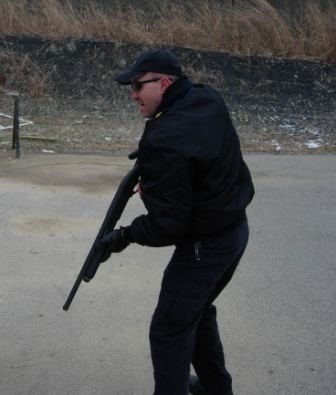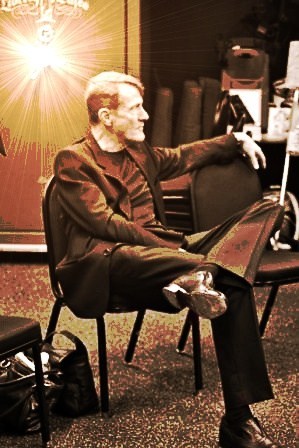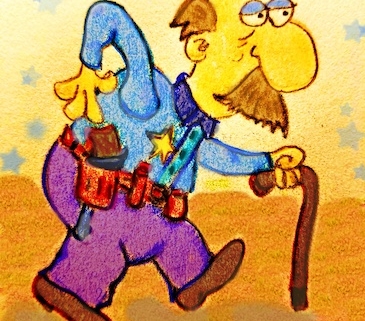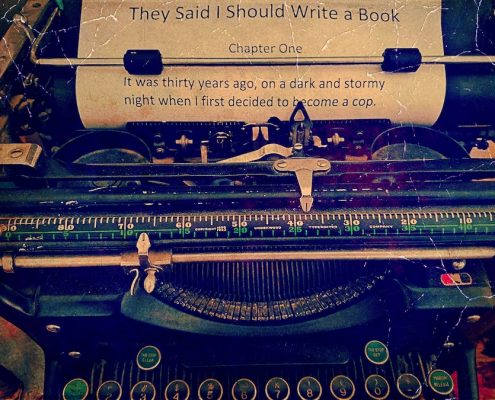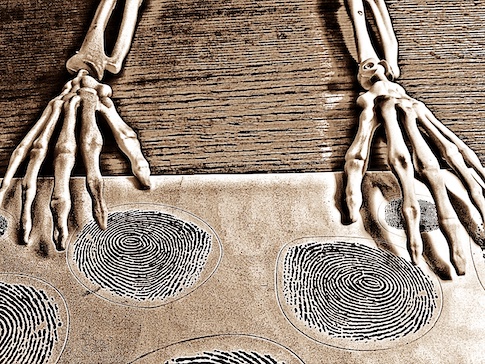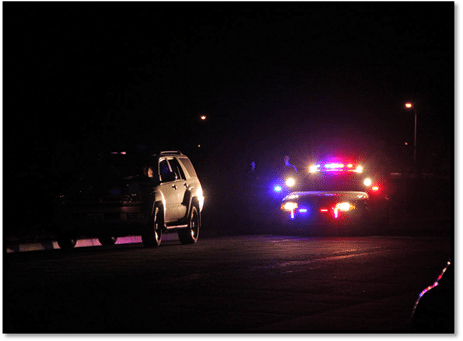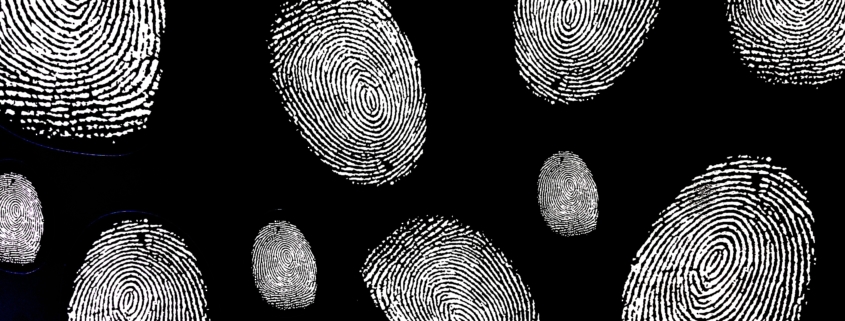Writers often find themselves stuck, searching for just the right police terminology or phrase. Unfortunately, the answers to their questions aren’t always available at a glance.
You know the questions … Are kidnapping and abduction one in the same? And what the heck is a bucket head? Yeah, those kind of questions.
Here’s a mini dictionary that might be of some use.
A.

Abandonment: Knowingly giving up one’s right to property without further intending to reclaim or gain possession. Abandoned property can be searched by police officers without a search warrant. Most states deem it illegal to abandon motor vehicles, and the owner may be summoned to civil court to answer charges, pay fines, or to receive notice of vehicle impoundment and disposal.
Abduction: The criminal act of taking someone away by force, depriving that person of liberty or freedom. A person who has been kidnapped against their will has been abducted. This definition does not apply to a law-enforcement officer in the performance of his duties.
Abscond: To covertly leave the jurisdiction of the court or hide to avoid prosecution or arrest. A suspect who “jumps bail” or hides from police, while knowing a warrant has been issued for her arrest, has absconded from justice. Film director/producer Roman Polanski absconded to France before he could be sentenced for having unlawful sex with a minor.
AMBER Alert: The AMBER alert was created in Dallas, Texas as a legacy to nine year-old Amber Hagerman who was kidnapped and murdered. AMBER stands for America’s Missing: Broadcast Emergency Response. An AMBER alert is issued when law-enforcement officials determine a child has been abducted. Immediately after verification of the kidnapping, officials contact broadcasters and state-transportation officials, who in turn relay descriptions of the child and their abductor to radio, television, electronic road signs, and other highly visible sites.
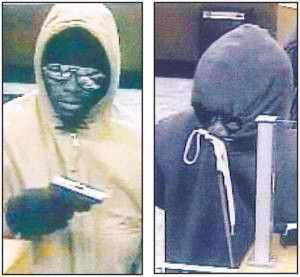
Armed Robbery: Robbery is the act of taking, or seizing, someone’s property by using force, fear, or intimidation. Using a weapon, such as a gun, knife, or club, to carry out the same robbery constitutes an armed robbery. You have NOT been robbed when someone breaks into your home while you’re away and steals your TV.
By the way, the photo above was taken just last week during a bank robbery in Virginia. It was the second such robbery within a period of a couple of weeks. Both robberies were carried out by men wearing hoodies. In this case, and many, many others, I don’t think the wearing of the hoodie was intended as a fashion statement.
FYI – I once saw a “Breaking News” headline that read something like, “TOM PETTY ROBBED.” Well, I expected to read about a methed-up troll pointing a a rusty knife at the rocker and then making off with his fortune. Instead, the story was about some loser who waited until no was looking and then stole five of Petty’s guitars from a deserted sound stage. Huge difference. This was not a robbery. Instead, it was larceny of property. There was no threat and no intimidation and no weapon of any kind. There wasn’t even anyone around to receive a dirty look from the thief.
A**hole: Police slang for suspect or perpetrator. (You fill in the blanks. Hint: the first letters of Sinking Ship will work nicely. The same works for the next entry as well).
A**wipe: Police slang for suspect or perpetrator.
B.
B & E: Break and enter (see Break and Enter).
Bad Check: A check that has been drawn upon an account of insufficient funds, or on an account that has been closed. A person who writes and utters (cashes) a bad check is considered to have committed larceny, or the theft of cash money. Most states consider bad-check writing to be a misdemeanor; however, the crime is a felony in other states if the check is written for more than a specific amount set by law, such as a minimum amount of $200. Suspects who are arrested for writing and passing bad checks are usually released on their own recognizance, with their signed promise to appear in court for trial.
Badge Bunny: Nickname given by police officers to females who prefer to date only police officers and firemen. Many of these badge bunnies actively pursue recent police academy graduates to the point of actually stalking the officers. Some have even committed minor offenses and made false police complaints to be near the desired officers. Many police academies mention badge bunnies near the end of the officer’s academy training to prepare them for the possible situation.
Biological Weapon: Agents used to threaten or destroy human life, e.g. anthrax, smallpox, E. coli, etc.

Picking up bacteria from agar plate. The brownish-red material is the agar. The grayish-yellow coloring at the top of the agar is E.coli bacteria. When incubated, the number of bacteria can double every twenty minutes. Yes, I took this photo, and I must say that it’s a bit intimidating to be in a room where scientists are hard at work with this stuff. And yes, those are the hands of my adorable, but deadly, wife. I sleep with one eye open…
Bitch: 1) Complain. 2) Typically, physically weak and passive prisoners controlled by other dominant inmates. The “bitch” is normally forced into performing sexual favors for controlling inmates. The submissive inmates are often forced into servitude for the duration of their sentences.
Bitch Slap: Any open-handed strike to the face. The term is often used to describe a humiliating defeat. “It was embarrassing for John to be bitch-slapped by Larry, a man half his size.”
Blow: Slang for cocaine.
Blow Away: To kill someone by shooting.
BOLO: Be On The Lookout. “Officers issued a BOLO at 0400 hours for the suspect of an armed robbery.” BOLO has replaced the use of APB (All Points Bulletin) in nearly all areas of the country. Actually, I haven’t heard or seen “All Points Bulletin” used in many years, except on television and in books written by authors who haven’t done their homework. The same authors who still mention “cordite” and revolvers that automatically eject spent casings.
Here’s a handy guide to help you better understand the revolver.
Revolver
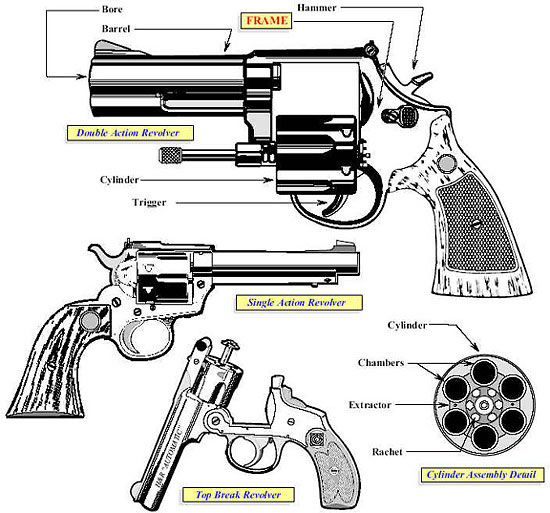
The term “Revolver” means a projectile weapon of the pistol type, having a breechloading chambered cylinder so arranged that the cocking of the hammer or movement of the trigger rotates it and brings the next cartridge in line with the barrel for firing.
Revolver nomenclature (below)
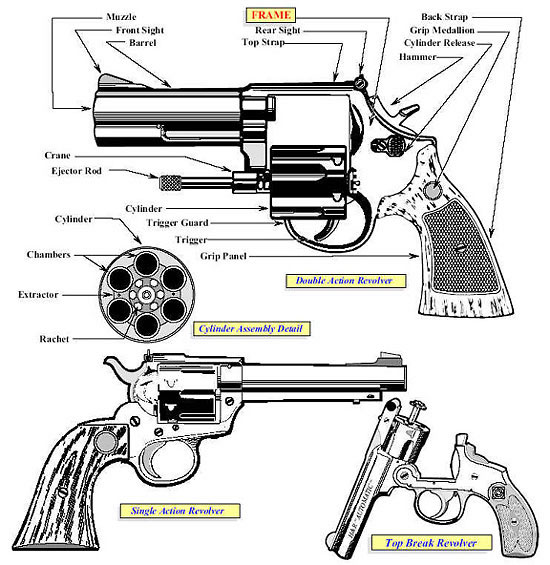
*All of the above (nomenclature text and images) are from ATF (Alcohol, Tobacco, Firearms, and Explosives). Thanks to the folks at ATF for allowing the reproduction and use.
Semi-autos and fully automatic (machine guns) automatically eject spent cartridges. Revolvers DO NOT. Therefore, writers, chances are slim and mostly none of finding empty revolver cartridges at a crime scene. Please remember this when writing the “aha” moment in your WIP.
Break and Enter: These are the words used to describe the essential elements of a burglary in the night time. The actual breaking need only be a slight action, such as opening an unlocked window or pushing open a door that is already ajar. In some states, merely crossing the plane of an open window or door (in the night time) is all that’s needed to constitute a break. The intent to commit a felony in conjunction with the breaking must be present to constitute Breaking and Entering.
Bucket Head: Term used to describe a motorcycle officer, because of the helmets they’re required to wear when riding.
Bust: 1) To place someone under arrest. 2) To conduct a police raid, especially a drug raid.
C.
Can: A prison or jail. “When does Riley get out of the can?”
Capias: The process of seizing a person and/or their property for the purpose of answering a particular charge in a court of law. A judge can issue a Capias, also known as a Warrant for Failure to Appear (AKA – bench warrant), for anyone who has been summoned to court who fails to appear for their hearings, and for witnesses who do not show up for scheduled court appearances.
A Capias is a criminal warrant, therefore the subject must be processed in the same manner as any other criminal—he or she arrested, fingerprinted and photographed. It is not unusual for a judge to dismiss the charge of Failure to Appear once the person is actually brought to the courtroom and successfully completes his or her testimony.
Cooking The Books: Fixing police reports to make certain high-crime areas appear safer. Also, a person who alters any type of records or documents is often said to be “cooking the books.”
Cop: 1) To steal something. “Susan copped two necklaces while the clerk was on the telephone.” 2) Slang for a police officer. Many police officers take offense to the term being used by the general public. Instead, those officers prefer to be addressed as police officers. In todays odd and turbulent cop-hating times, though, “cop” is not nearly as bad as some of the names they’re called.
Cop a Plea: To plead guilty to a lesser included offense to avoid a lengthy prison sentence.
County Mounties: Slang for sheriff’s deputies.
Crooked Zebra: A referee who has been bribed to fix the outcome of a sporting event.
Crop Dusting: Passing gas (flatulence) while walking through a crowd of people.
D.
Deck: A packet of narcotics.
Dirt Bag: An old-school police nickname for a criminal suspect. “Cuff that dirt bag, Officer Jenkins. He’s wanted for murder.”
Do: To kill someone. “When are you gonna do that dirtbag, Sammy?”
DOA: Dead on arrival.
Drop: To take a drug by mouth; orally. “Cindy dropped a hit of acid three hours ago. She’s really tripping hard.”
*More to come…
 No, they can’t deduct it from your bounty, don’t even ask. They try hard to make these emails from fake bank execs look authentic, with limited success, leading to emails like “the western union reaching you and the said the are waiting to hear a reply back from you so co-pirate with them so that the will transfer all your money thanks.” He never did explain what co-pirate meant, though it doesn’t sound good.
No, they can’t deduct it from your bounty, don’t even ask. They try hard to make these emails from fake bank execs look authentic, with limited success, leading to emails like “the western union reaching you and the said the are waiting to hear a reply back from you so co-pirate with them so that the will transfer all your money thanks.” He never did explain what co-pirate meant, though it doesn’t sound good. As technology advances, these schemes are falling behind the more modern telephone, text, social media messaging scams. They raked in over 700K last year, but that’s a drop in a $26 million overall bucket. In the meantime, we will continue to hang up on the spoofed phone numbers, decline friend requests from the fashion models and the hunky soldiers, and never, ever, click on the link.
As technology advances, these schemes are falling behind the more modern telephone, text, social media messaging scams. They raked in over 700K last year, but that’s a drop in a $26 million overall bucket. In the meantime, we will continue to hang up on the spoofed phone numbers, decline friend requests from the fashion models and the hunky soldiers, and never, ever, click on the link. Lisa Black is the NYT bestselling author of 14 suspense novels, including works that have been translated into six languages, optioned for film, and shortlisted for the inaugural Sue Grafton Memorial Award. She is also a certified Crime Scene Analyst and certified Latent Print Examiner, beginning her forensics career at the Coroner’s office in Cleveland Ohio and then the police department in Cape Coral, Florida. She has spoken to readers and writers at numerous conferences and will be a Guest of Honor at 2021 Killer Nashville.
Lisa Black is the NYT bestselling author of 14 suspense novels, including works that have been translated into six languages, optioned for film, and shortlisted for the inaugural Sue Grafton Memorial Award. She is also a certified Crime Scene Analyst and certified Latent Print Examiner, beginning her forensics career at the Coroner’s office in Cleveland Ohio and then the police department in Cape Coral, Florida. She has spoken to readers and writers at numerous conferences and will be a Guest of Honor at 2021 Killer Nashville.
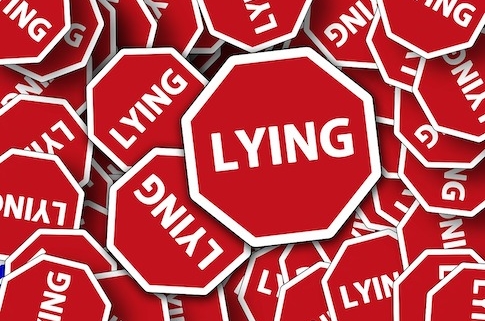
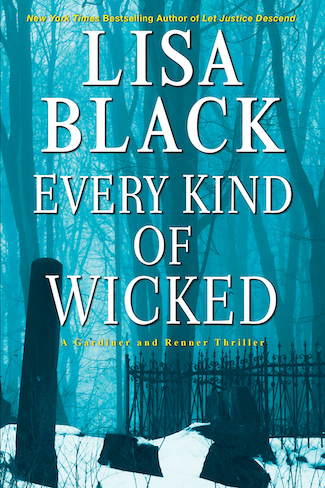

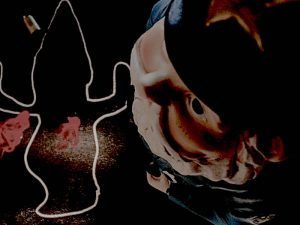

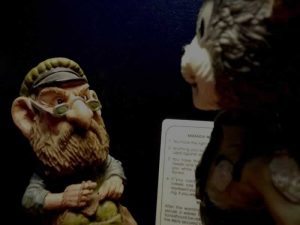
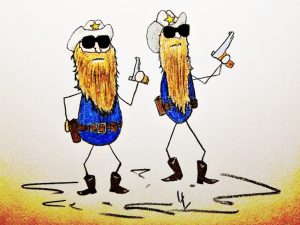



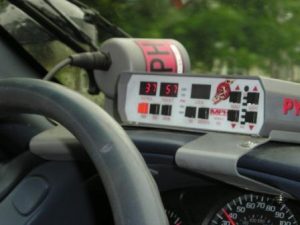
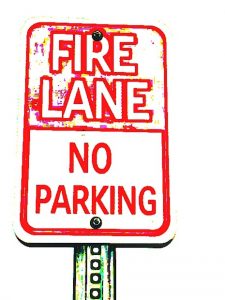



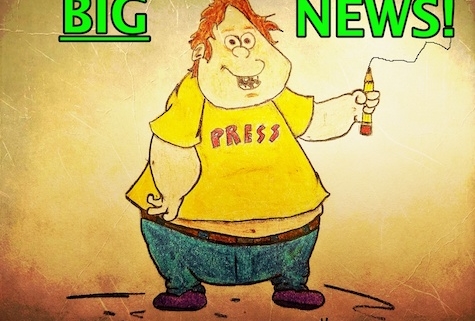
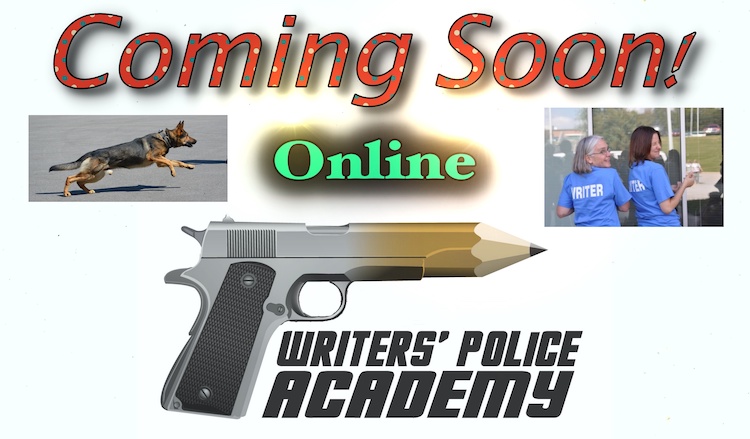






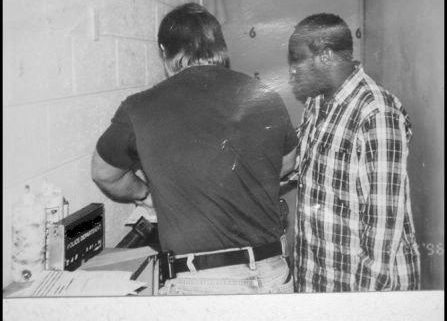


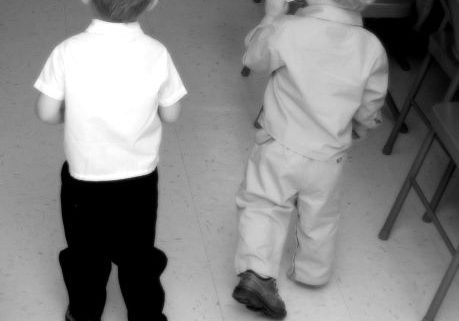
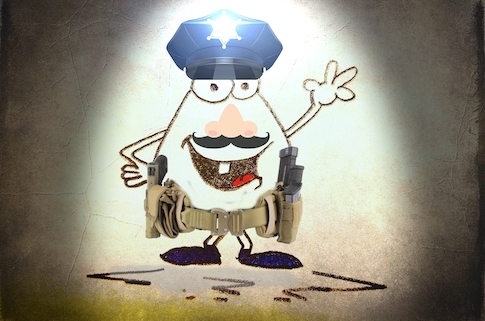
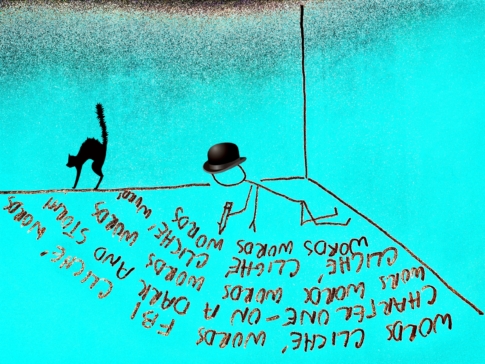 You know what I mean—the karate chop to the wrist which forces the bad guy to drop his weapon. How about this doozy … shooting the gun out of the villain’s hand. I know, it’s goofy and unrealistic. So yeah, those things, the things that are not only far-fetched, they’re downright silly.
You know what I mean—the karate chop to the wrist which forces the bad guy to drop his weapon. How about this doozy … shooting the gun out of the villain’s hand. I know, it’s goofy and unrealistic. So yeah, those things, the things that are not only far-fetched, they’re downright silly.